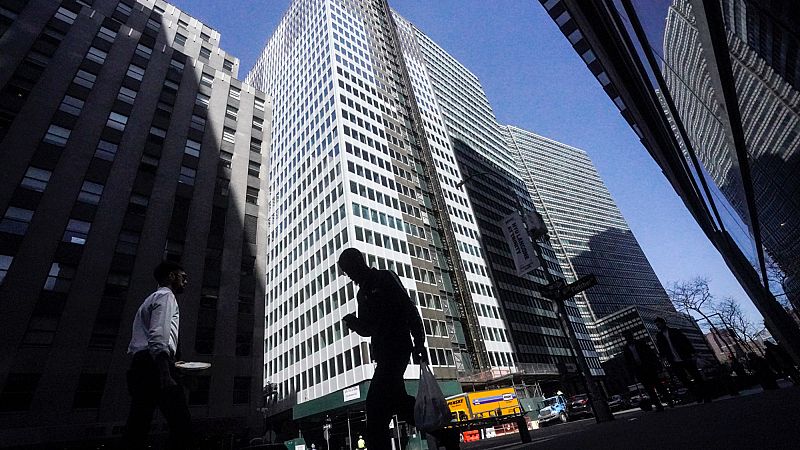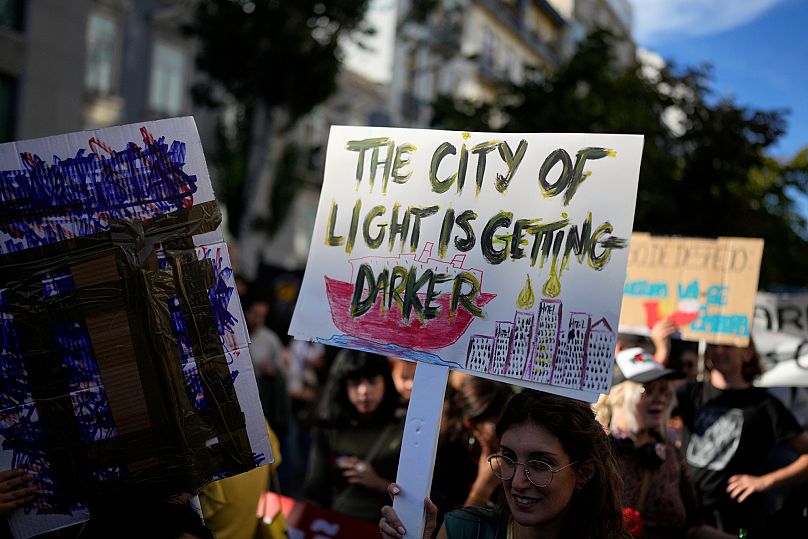
The average pay for CEOs around the world has surged by 50% in real terms since 2019, while the average worker's salary rose by just 0.9% in the same period.
These latest findings, which reveal that CEO pay has increased 56 times more than workers' wages since 2019, were released by Oxfam to mark International Workers' Day.
Oxfam surveyed 2,000 companies, targeting 35 countries in which CEOs earned more than $1 million (€885,000) in 2024.
The organisation found that within Europe, Ireland and Germany had some of the highest-paid CEOs — who earned on average $6.7 million (€5.9 million) and $4.7 million per year (€4.1 million) respectively in 2024.
In comparison, average CEO pay in South Africa in 2024 reached $1.6 million (€1.4 million) and $2 million (€1.7 million) in India.
"Year after year, we see the same grotesque spectacle: CEO pay explodes while workers' wages barely budge," said Oxfam International Executive Director Amitabh Behar.

"This isn't a glitch in the system — it's the system working exactly as designed, funnelling wealth ever upwards while millions of working people struggle to afford rent, food, and healthcare," added Behar.
Out of 45,501 surveyed corporations where a CEO earned more than $10 million (€8.86 million) and their gender was openly reported, fewer than 7% had a female CEO.
"Around the world, workers are being denied the basics of life while corporations pocket record profits, dodge taxes and lobby to evade responsibility," said Luc Triangle, General Secretary of the International Trade Union Confederation (ITUC).
Billionaires — who often fully, or in part, own large corporations— pocketed on average $206 billion (€182.7 billion) in new wealth over the last year.
This is equivalent to $23,500 (€20,836) an hour and exceeds the global average income figure for 2023 of $21,000 (€18,621.)
While the International Labour Organization (ILO) said that real wages grew by 2.7% in 2024, many workers have seen their wages stagnate, with real wage growth at 0.6% last year in France, South Africa and Spain.
Although wage inequality has decreased globally, it remains especially high in low-income countries, where the share of income of the richest 10% is 3.4 times higher than the poorest 40%.







